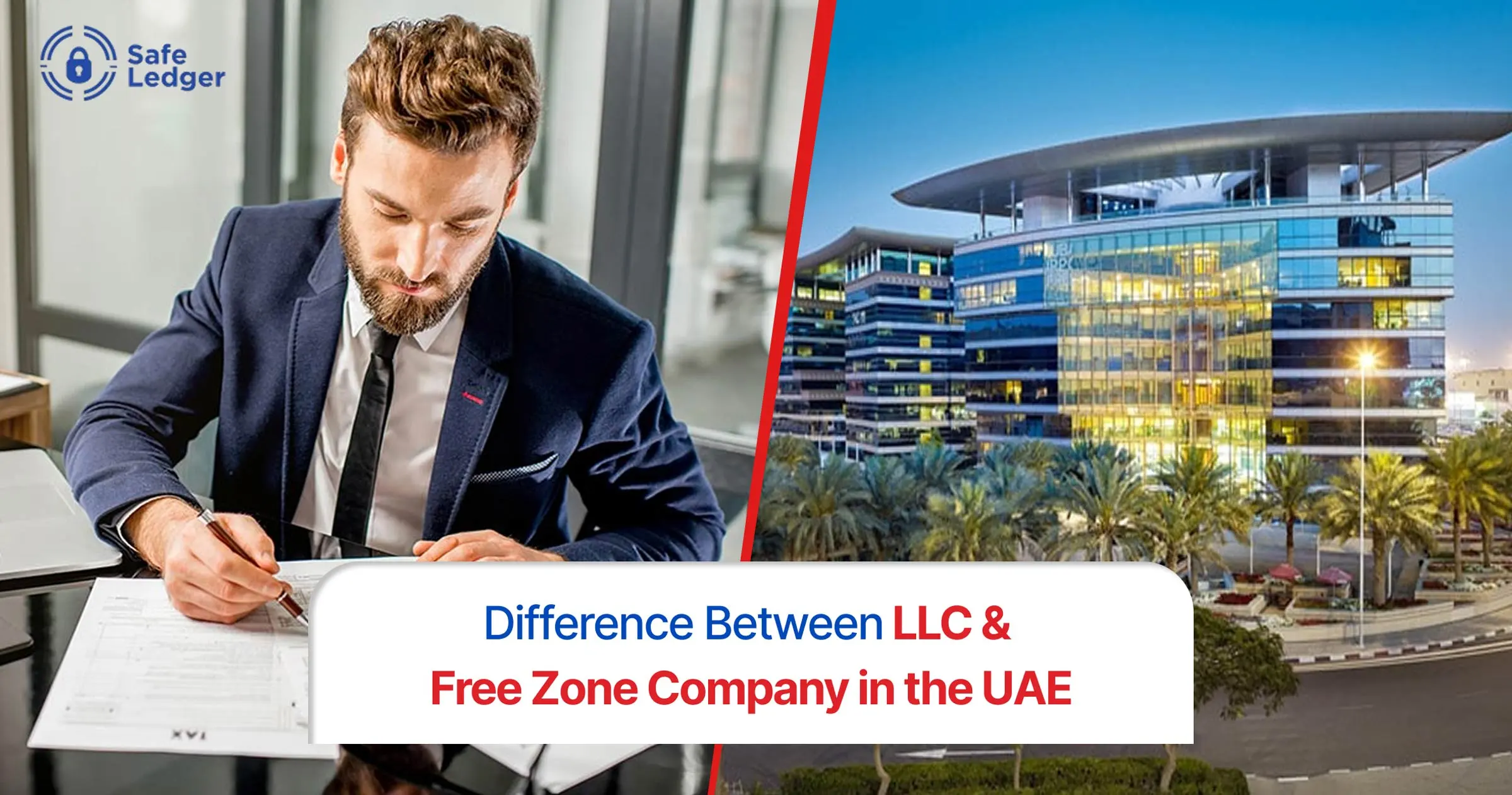When starting a business in the UAE, choosing the right business structure between LLC or FreeZone is a pivotal decision for any entrepreneur. This choice significantly impacts your operational flexibility, ownership rights, tax obligations, and market reach. Since both options come with unique benefits, understanding their differences is essential before you invest.
The UAE offers a diverse range of business setups, with the Limited Liability Company (LLC) in UAE and the Free Zone Company setup standing out as two of the most popular and distinct options. Understanding these differences is key to choosing the structure that matches your business goals and future plans.
This blog will clarify the unique aspects of each, empowering you to navigate the UAE’s vibrant business landscape with confidence.





